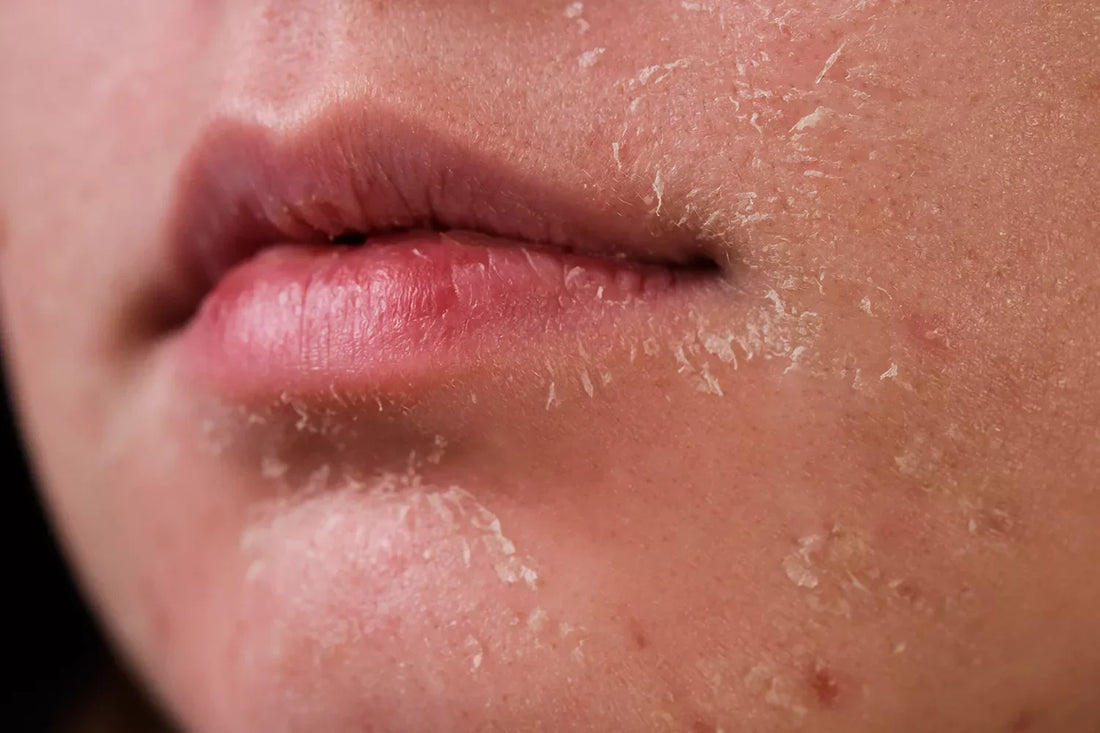
Dry Patches in Winter: Hydration Hacks with HA
Winter can be brutal on the skin, leaving it flaky, tight, and desperate for moisture. If you’re battling dry patches, hyaluronic acid (HA) might just be the hydration hero you need. But using it correctly is key—otherwise, it might actually make dryness worse. Here’s how to get it right.
Why Does Skin Get So Dry in Winter?
Cold air, indoor heating, and low humidity strip moisture from the skin, weakening its barrier. Without proper hydration and protection, you end up with rough patches, irritation, and flakiness. For a deeper look at how Pakistan’s climate affects skincare, check out Skincare in Pakistan: Climate, Culture & Best Products.
How Hyaluronic Acid Helps
Hyaluronic acid is a humectant, meaning it attracts water to the skin. It can hold up to 1,000 times its weight in water, making it a winter skincare essential. But here’s the catch: if there’s no moisture in the air, HA can pull water from deeper skin layers, leaving your skin even drier.
To understand how HA works in different weather conditions, read Hyaluronic Acid in Humid vs. Dry Climates (Pakistan Guide).
Hydration Hacks: How to Use HA Properly
1. Apply HA to Damp Skin
HA works best when applied to slightly damp skin. Spritz your face with water or a mist before applying HA to help it bind to surface moisture.
2. Always Seal It with a Moisturizer
Since HA pulls in moisture, you need to lock it in with an occlusive or emollient moisturizer. Look for ingredients like:
- Ceramides – Strengthen the skin barrier.
- Squalane – Mimics skin’s natural oils.
- Shea Butter – Provides deep nourishment.
3. Use a Humidifier Indoors
If the air is dry, HA won’t have moisture to pull from. Running a humidifier in your room helps maintain hydration levels.
4. Avoid Alcohol-Based Products
Some toners and treatments contain drying alcohols that can cancel out HA’s benefits. Check ingredient labels for denatured alcohol or ethanol, and opt for gentler formulas.
5. Layer HA with Other Hydrators
Pair HA with:
- Glycerin – Another humectant that pulls in moisture.
- Aloe Vera – Soothes and hydrates.
- Niacinamide – Strengthens the barrier while boosting hydration.
Winter Skincare Routine for Dry Patches
Morning:
- Gentle, hydrating cleanser (avoid foaming cleansers)
- HA serum on damp skin
- Moisturizer with ceramides or squalane
- SPF 30+ sunscreen (yes, even in winter!)
Night:
- Oil-based or creamy cleanser
- HA serum + glycerin or niacinamide
- Thicker night cream or sleeping mask
- Lip balm + hand cream to prevent cracks
For more winter-specific hydration tips, read Winter Skincare: Combating Dryness in Lahore/Karachi.
Final Thoughts: Hydrate Smartly
Hyaluronic acid is a game-changer for winter hydration, but only if used correctly. Applying it to damp skin and sealing it with a good moisturizer ensures your skin stays plump and hydrated all season long. Pair it with smart winter skincare habits, and say goodbye to those stubborn dry patches!

